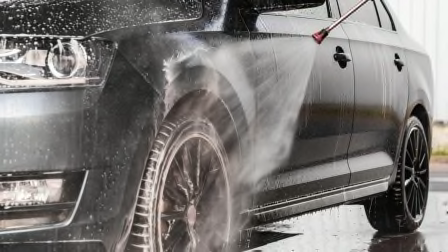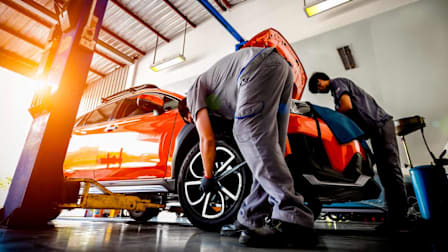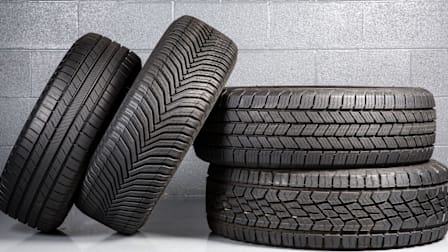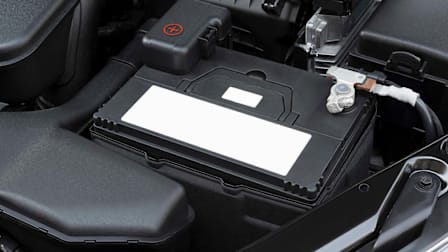How to Maintain a Car That Isn’t Driven Much
Consumer Reports’ expert tells you what to do with the extra car you're not ready to unload

There are a variety of reasons you might have a car that spends a good amount of time sitting, including retirement, less time spent at the office, or a child who has gone away to school and left a car behind in the driveway.
Although putting fewer miles on a car you own can save you money on fuel and general wear and tear, letting it sit for too long can cause maintenance issues. Among them are a dead battery, rusted brakes, dried-out and leaking seals, and insect or rodent infestation. Any of these issues can make your car much less valuable, less reliable, and less safe to operate.
The main thing to do, says John Ibbotson, Consumer Reports’ chief mechanic, is to drive the car every week or two at a minimum.
Drive the car once a week. Start the car and drive it for at least 20 minutes. This will help keep cooling, lubrication, and fuel system parts in shape, charge the battery, and prevent flat spots from forming on the tires. Use the brakes frequently to remove any rust that has formed on the brake rotors. Make a schedule and stick to it. That way, your car won’t sit for too long.
Check the tire pressure. Most factory maintenance guides recommend checking tire pressure once a week, as underinflated tires can negatively impact the car’s handling and road safety. CR experts say once a month will suffice. The key is to make checking your tire pressure a routine task.
Check the fluids regularly. Make sure the oil, coolant, and windshield washer fluid are topped off. Check under the car for leaks. Even if you’re not driving the car much, oils and coolant still need to be changed periodically. Refer to your car’s manufacturer-recommended change intervals.
Check underhood belts and hoses. Every month or so, take a peek under the hood and make sure the engine’s accessory belt is free of cracks. Make sure hoses aren’t cracked or leaking. (Learn more about inspecting underhood.)
Use a battery tender. Depending upon where you park, you could hook up a battery tender—known as a trickle charger—to keep your battery from running down. Car batteries are designed to remain “topped off,” so letting the voltage run low can cause them to wear out more quickly. Make sure the tender you use is a “smart” device that automatically shuts off when the battery is fully charged. Overcharging a battery can damage it or cause a fire. Also make sure the tender is compatible with the type of battery in your car, as some chargers won’t work with certain batteries.
Guard against insects and rodents. Your car is at risk for infestation even if it’s parked in a garage. There are a number of ways you can approach this, ranging from laying dryer sheets inside the car to placing traps. Make sure whatever you do won’t inadvertently harm children or pets. (Learn more about protecting your car from rodents.)




